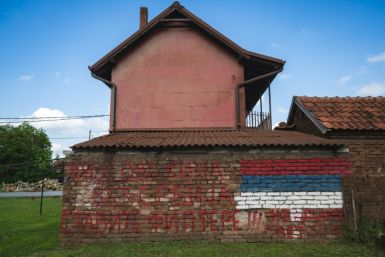More Kids Charged with Producing Child Porn and 'Sexting' in Queensland
Official figures in Queensland reveal police filing charges against 240 children between the ages of 10 and 17 for creating and disseminating materials containing child pornography during the first 5 months of 2013.
Fairfax Media obtained the data which indicates a large number of young people charged with "sexting". This year's numbers account for nearly 40 per cent of youth charges since 2009. In 2009, 158 minors including 17 boys and 6 girls in Brisbane, were found to be producing and distributing materials containing images of child abuse and pornography.
The police reserves the discretion to file charges and prosecute the minors for sexual offences. Steve Loth, Acting Detective Inspector in Task Force Argos says the data only shows part of the problem. Authorities will have to consider the level of criminality involved. If the criminal behavior is serious, the more likely the behavior warrants a criminal sanction whether it they are offences involving coercion, threats or exploitation. This is opposed to a minor exchanging sexual content with the consent of another minor.
The police is not bent on prosecuting or punishing young people who are sharing sexually explicit images even if the content is technically criminal. Loth says kids will need to understand that once they send an image to someone else, they no longer have control over that image. The shared images might be seen by someone else other than the intended recipient.
Kids caught "sexting" by the police may only be cautioned to keep children away from the juvenile justice system. However, young people should know that once they are charged, they will be on record along with pedophiles and rapists. They will also be included in the sexual offenders list or find their names in the sex offender registry of Queensland.
Queensland's Attorney-General Jarrod Bleijie says there was no immediate need for law reform. He believes adequate laws are currently in place to deal with "sexting" issues among the youth.






